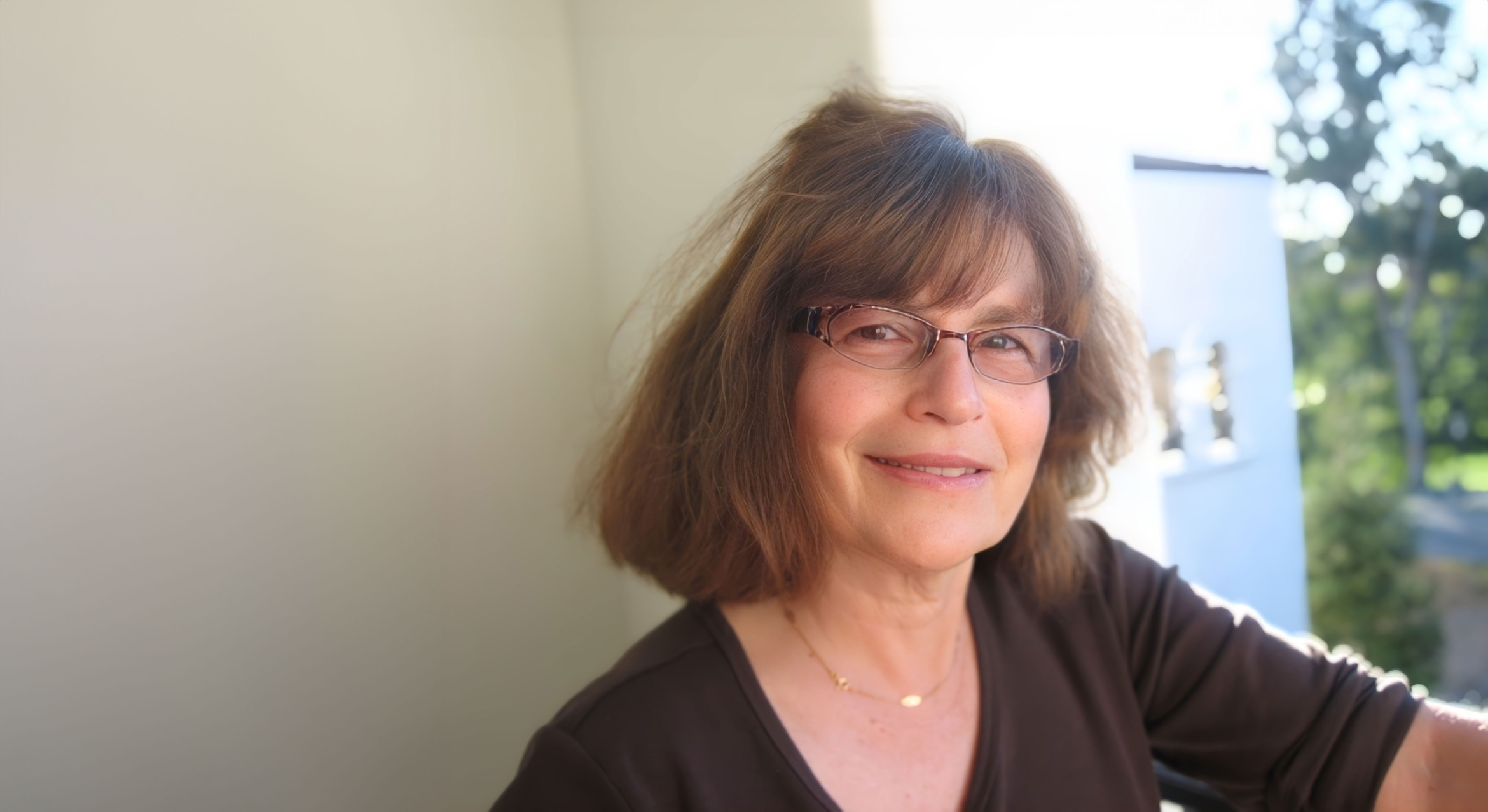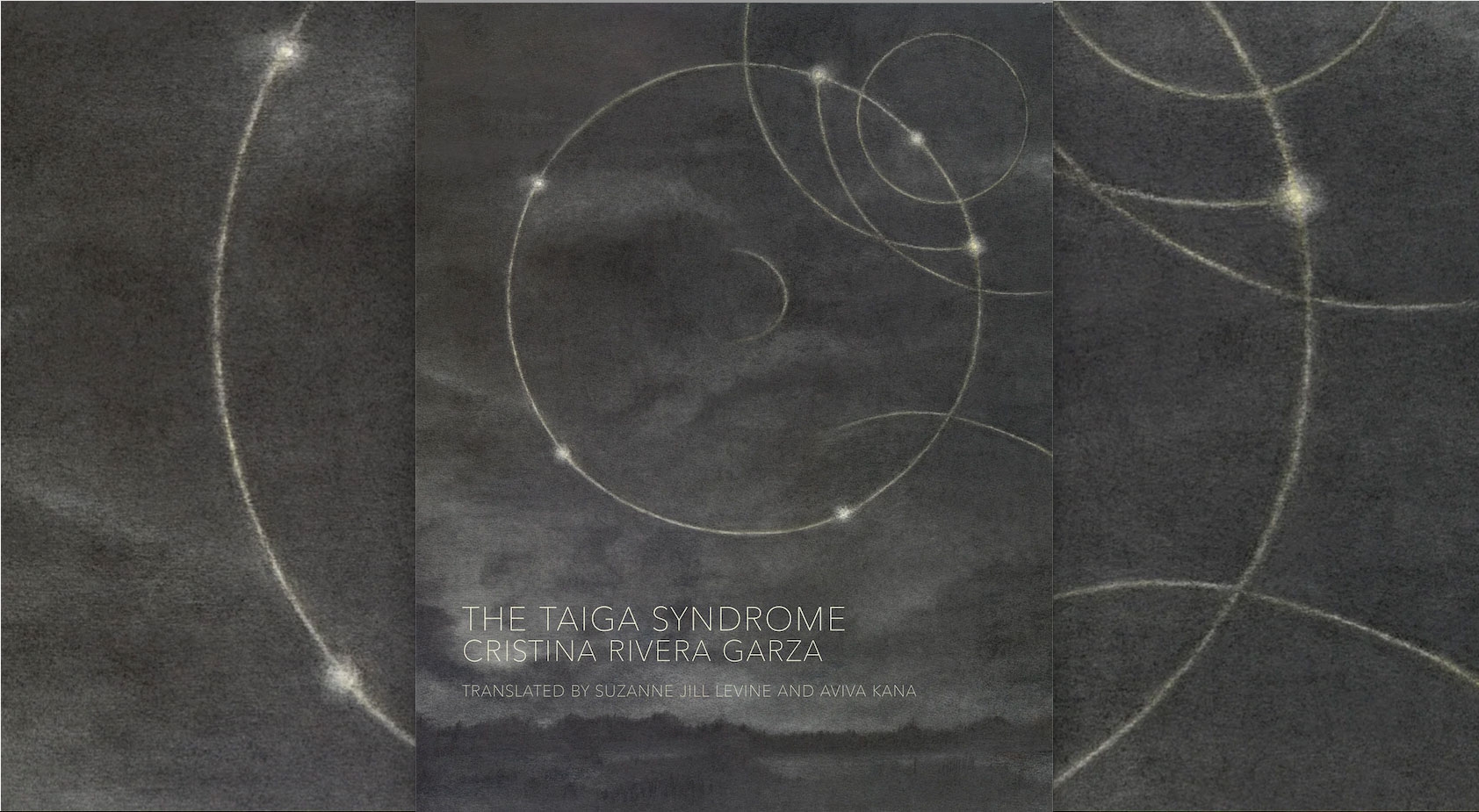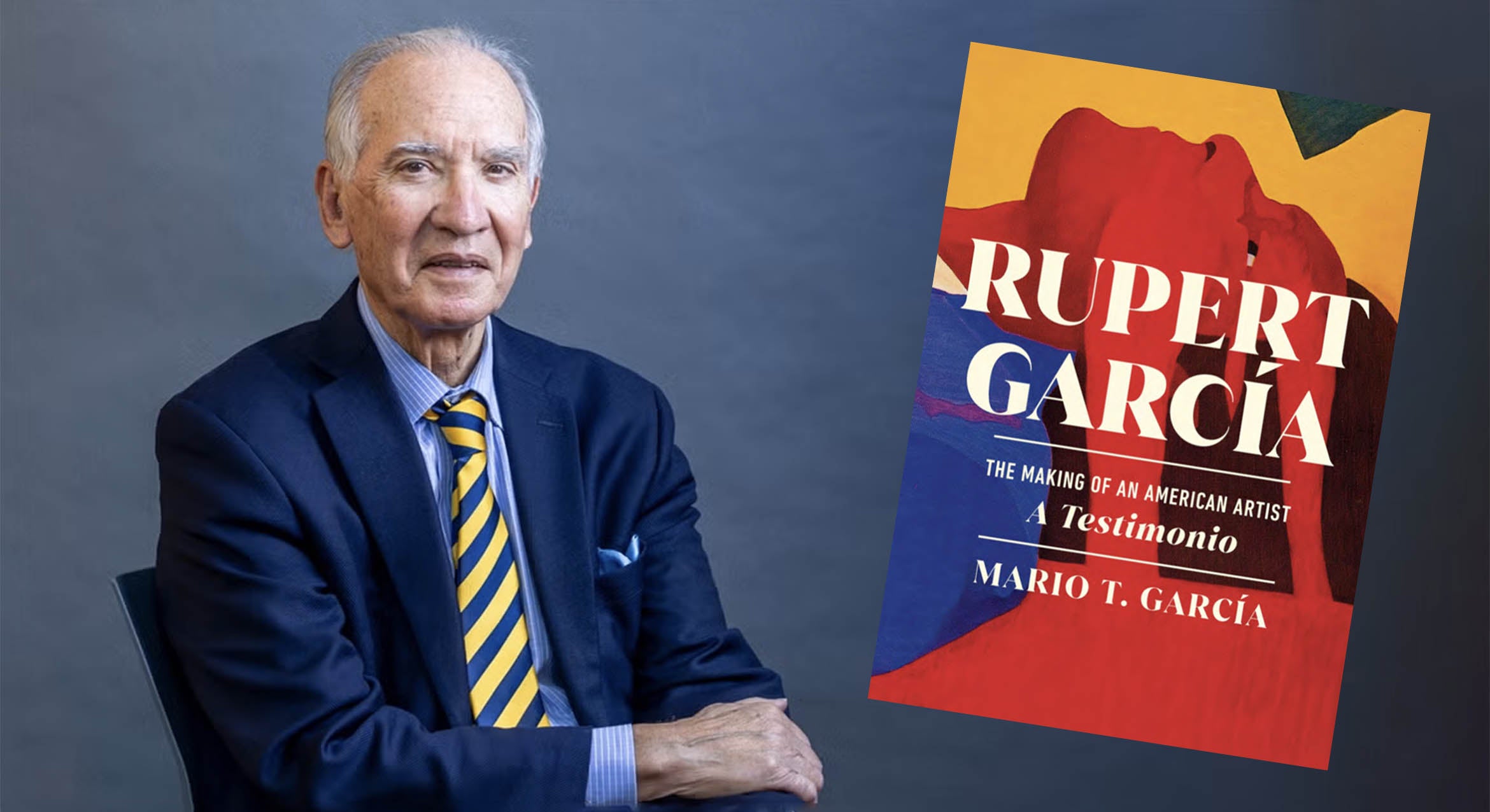
Pioneering translation’s artistry
When you read Latin American literature in English, there’s a good chance you’re reading a translation by Suzanne Jill Levine, who has been plying her craft since the early 1970s. Her versions of books by Guillermo Cabrera Infante, Julio Cortazar and Manuel Puig (to name but a few) have enriched the lives of English-speaking readers, and her work has had an impact comparable to that of C. K. Scott Moncrieff’s Proust or Constance Garnett’s Dostoevsky — not only literary but cultural. Levine has had the vision and bravado to become a protagonist in the story of Latin American literature in English translation, and to change it in the process, not only publishing a biography and translations, but also creating a mashup of autobiography and scholarship that’s totally original.
Levine has been named the recipient of the 2024 PEN/Ralph Manheim Award for Translation, which recognizes the translator’s lifetime achievements.
“My book ‘The Subversive Scribe: Translating Latin American Fiction’ (Graywolf Press, 1991, Dalkey Archive, 2009) by tracing the process of translating, explicitly shows readers how translation is a creative act and defines what a translator is, and why a translator needs to be linguist, literary critic and poet or novelist all in one,” said Levine, UC Santa Barbara distinguished professor emerita of Latin American literature. “Basically, our concepts of authorship and originality are inadequate to grasp what a translator does.”
Levine’s translations have been highly praised by critics since her first publication in 1971. One of her earliest translations was “Three Trapped Tigers” (the original “Tres tristes tigres” meaning Three Sad Tigers) by Guillermo Cabrera Infante, widely considered one of the greatest Cuban novels of the 20th century. A renowned translator of important Latin American writers, Levine has penned English versions for works by Julio Cortázar, Carlos Fuentes, Manuel Puig, Adolfo Bioy Casares, and most recently Silvina Ocampo for City Lights Press (October 2019), among many others. She was also editor and co-translator of Penguin’s five-volume paperback classics of the works of Jorge Luis Borges.

“My work as a translator has been very much about respect for difference, exploring difference as an aesthetic path as well,” Levine noted. Another challenging writer she has frequently translated is the Argentine Manuel Puig, called Latin America’s first pop novelist, and perhaps best known for his fourth novel “Kiss of the Spider Woman.”
“These authors brought to the fore the novel of language, in which in a sense language is the protagonist, continuing the inventive spirit of modernism,” she said. “The context of my time was the global discovery of a treasure trove of writers in Latin America, a generation called the ‘Boom,’ and I was translating some of the more original and non-mainstream writers who were emerging.”

Levine has received many honors, including PEN prizes (Career Achievement in Hispanic Letters award 1996), NEA fellowships and NEH grants for literary translations, a Guggenheim Foundation Fellowship and the Rockefeller Residency Fellowship at Villa Serbelloni. Her original books include “The Subversive Scribe” and “Manuel Puig and the Spiderwoman: His Life and Fictions” (Farrar, Straus and Giroux, 2000, reprinted by Faber & Faber, and University of Wisconsin Press, 2002). Her latest translations include Cristina Rivera Garza’s “The Taiga Syndrome” (Dorothy Project, 2018) and Guadalupe Nettel’s “Bezoar and Other Unsettling Stories” (Seven Stories Press), a finalist for the Oxford-Weidenfeld Prize in 2021. Her most recent is Chilean Marjorie Agosin’s prose poems ‘NOTES FROM THE SEA,’ just published by White Pine Press (2024).
Currently completing “Chronicles of a Literary Translator,” featured in several journals including Another Chicago Magazine, Review Magazine (CUNY) and the Catamaran Literary Reader, Levine will be honored by the Pen American Center in New York on April 29.
Debra Herrick
Associate Editorial Director
(805) 893-2191
debraherrick@ucsb.edu



